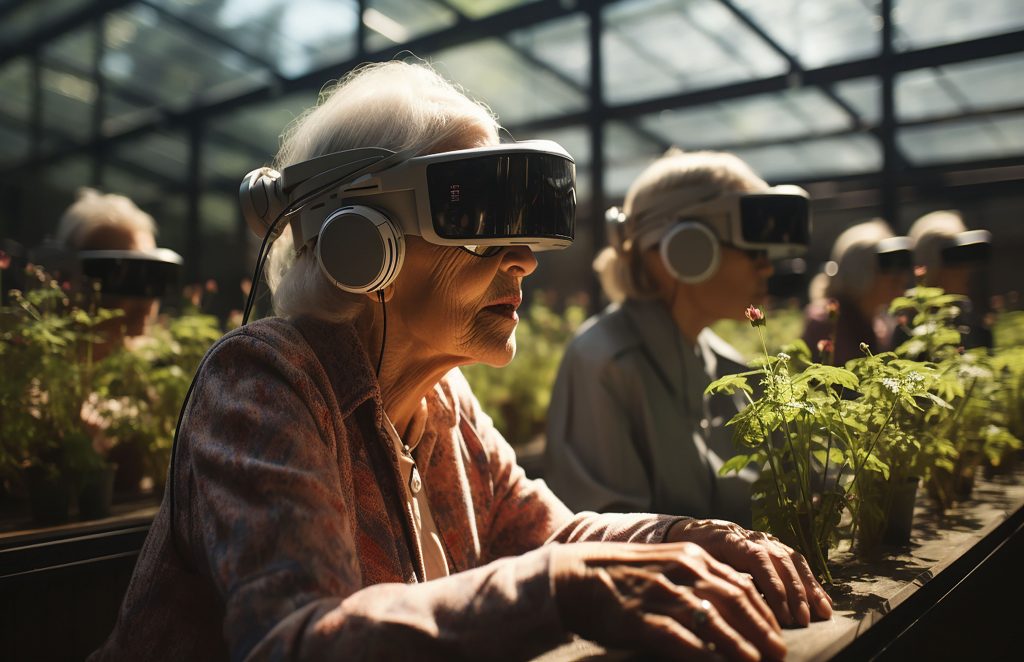– Socrates
Time in a detention house can be used to encourage the process of lifelong learning. Lifelong learning is of significant importance in various aspects of an individual's life and in society as a whole. It is crucial in adapting to the evolving demands of the modern world. It enhances personal and professional growth, fosters adaptability, and allows individuals to stay informed in a rapidly changing society.
Several reasons why lifelong learning is considered crucial:
In summary, lifelong learning is not only about acquiring specific skills but also about cultivating a mindset that values curiosity, adaptability, and continuous improvement.

Time in a detention house can be used to encourage the process of lifelong learning. Lifelong learning is of significant importance in various aspects of an individual's life and in society as a whole. It is crucial in adapting to the evolving demands of the modern world. It enhances personal and professional growth, fosters adaptability, and allows individuals to stay informed in a rapidly changing society.
Several reasons why lifelong learning is considered crucial:
Adaptability to Change: In a rapidly evolving world, new technologies, industries, and ideas emerge constantly. Lifelong learning allows individuals to adapt to these changes, acquire new skills, and stay relevant in the workforce.
Professional Development: Continuous learning improves job performance and opens up new career opportunities.
Personal Growth and Fulfillment: Lifelong learning can contribute to a more satisfying and meaningful life.
Intellectual Stimulation: Engaging in lifelong learning keeps the mind active and it fosters critical thinking, problem-solving skills, and creativity.
Social Interaction and Networking: Lifelong learners build networks and social connections, fostering a sense of community and collaboration.
Civic Engagement: Lifelong learners are more likely to be aware of social issues, make informed decisions, and actively contribute to their communities.
Health Benefits: Research suggests that lifelong learning can reduce the risk of cognitive decline and contribute to overall well-being by providing a sense of purpose and accomplishment.
Technological Literacy: As technology plays an increasingly central role in society, staying technologically literate is essential.
Global Awareness: In a connected world, understanding different cultures and viewpoints is crucial for effective communication and collaboration.
In summary, lifelong learning is not only about acquiring specific skills but also about cultivating a mindset that values curiosity, adaptability, and continuous improvement.
Meet colleagues across Europe pursuing the same goal. Contribute your knowledge to the community. Be the first to hear the latest developments on small scale forms of detention. Unlock your curiosity and become part of the RESCALED community.
Meaningful time use
Individuals in a detention house shall have as much autonomy as possible to manage their own time and fill it with meaningful activities. As much as possible, these activities should take place outside of the detention house.
Activities shall have a strength-based focus and aim at identifying and developing the individual’s personal (life) goals.
People in detention shall have time and space for non-mandatory activities that contribute to self-fulfillment and are not linked to a specific goal.
During the stay in a detention house, there shall be a focus on lifelong learning to continuously update incarcerated persons’ professional knowledge in a rapidly evolving society.
Social climate - communication
Right to staying informed regularly of public affairs
The European Rules on Detention Houses (ERDH) is a milestone document for the criminal justice system and reflects the larger impact of this system on society. Drafted by representatives with different legal and cultural backgrounds from all regions of Europe, the ERDH were launched on October 31st as common standards to implement small-scale, differentiated and community-integrated detention houses in the European Union, as part of a pivotal change already happening in criminal justice systems across Europe. The ERDH set out the ecosystem of a detention house on its own and as part of, and within a community and society, emphasizing sustainability. As the European Prison Rules have been common standards for large-scale prison institutions, the European Rules on Detention Houses shall form essential standards for detention houses, in order to guarantee a way of liberty deprivation that is humane and more fit for the 21stcentury.
The European Rules on Detention Houses (ERDH) is a milestone document for the criminal justice system and reflects the larger impact of this system on society. Drafted by representatives with different legal and cultural backgrounds from all regions of Europe, the ERDH were launched on October 31st as common standards to implement small-scale, differentiated and community-integrated detention houses in the European Union, as part of a pivotal change already happening in criminal justice systems across Europe. The ERDH set out the ecosystem of a detention house on its own and as part of, and within a community and society, emphasizing sustainability. As the European Prison Rules have been common standards for large-scale prison institutions, the European Rules on Detention Houses shall form essential standards for detention houses, in order to guarantee a way of liberty deprivation that is humane and more fit for the 21stcentury.
Meaningful time use
Individuals in a detention house shall have as much autonomy as possible to manage their own time and fill it with meaningful activities. As much as possible, these activities should take place outside of the detention house.
Activities shall have a strength-based focus and aim at identifying and developing the individual’s personal (life) goals.
People in detention shall have time and space for non-mandatory activities that contribute to self-fulfillment and are not linked to a specific goal.
During the stay in a detention house, there shall be a focus on lifelong learning to continuously update incarcerated persons’ professional knowledge in a rapidly evolving society.
Social climate - communication
Right to staying informed regularly of public affairs
ARCHITECTURE
ARCHITECTURE
Together, we want to create a space where everyone can feel accepted and respected – regardless of gender identity, skin colour, religion, ethnicity or ability. We assume that all participants come to our events with the best intentions and treat each other with respect.